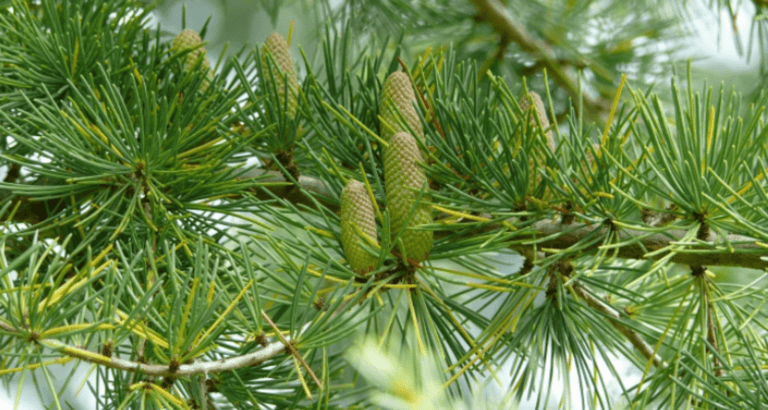The Cedar of the Atlas Biosphere Reserve (RBCA), a natural and cultural treasure of Morocco, hosted an unprecedented meeting dedicated to sustainable ecotourism and collaborative governance in Ifrane on November 19 and 20, 2024. This event, organized by the National Agency for Water and Forests (ANEF) in partnership with the NGO Living Planet Morocco, brought together around forty associations from the national parks of Ifrane, Khénifra, and the Eastern High Atlas.
Sharing experiences for strengthened governance
According to Oussama Abaous, program manager at Living Planet Morocco, this meeting aimed to create synergy among local associative actors, scientists, and experts, while sharing best practices in managing and promoting the reserve. These exchanges, the result of a dynamic initiated during previous events, aim to develop a common vision for the sustainable development of this territory.
Zouheir Amhaouch, head of the National Parks and Protected Areas Department at ANEF, emphasized the importance of better structuring governance bodies and increasing the visibility of the reserve. He also stressed the key role of local partners in improving communication and implementing concrete solutions.
Sustainable tourism: a key lever for the RBCA
Participants explored various ecotourism products of the RBCA, including:
- Recreational fishing, presented by Adil Smouni (Fishing Federation).
- Water sports, with Nadia Ammar (Alp Atlas Association).
- Horseback riding, in collaboration with Atlas Crown and the Provincial Tourism Council.
- Hiking, described by Mr. Lahrizi (Guides Association).
- Wildlife observation, addressed by Mr. Oukennou (AFMI).
These initiatives were accompanied by collaborative workshops to develop specific action plans for each activity, thus promoting their sustainable integration within ecotourism practices.
Cooperatives and environmental education at the heart of discussions
The second day focused on cooperative circuits and good educational practices within the three national parks. Speakers such as Mohamed Moukhliss (PNI), Hassan Belahcen (PNK), and Abdelaziz Belahcen (PNHAO) presented inventories of local cooperatives. These initiatives not only energize local communities but also raise visitor awareness about ecosystem preservation.
The discussions also highlighted successful experiences in environmental education, with examples from the three parks. These shares served as a basis to identify common practices and define future actions for the sustainable management of the reserve.
Towards a concerted strategy for the RBCA
Group work and the presentation of summaries led to a solid foundation of best practices for the RBCA. This participatory approach marks an essential step in building an integrated strategy that combines the preservation of natural resources, the development of local communities, and the promotion of respectful ecotourism.


